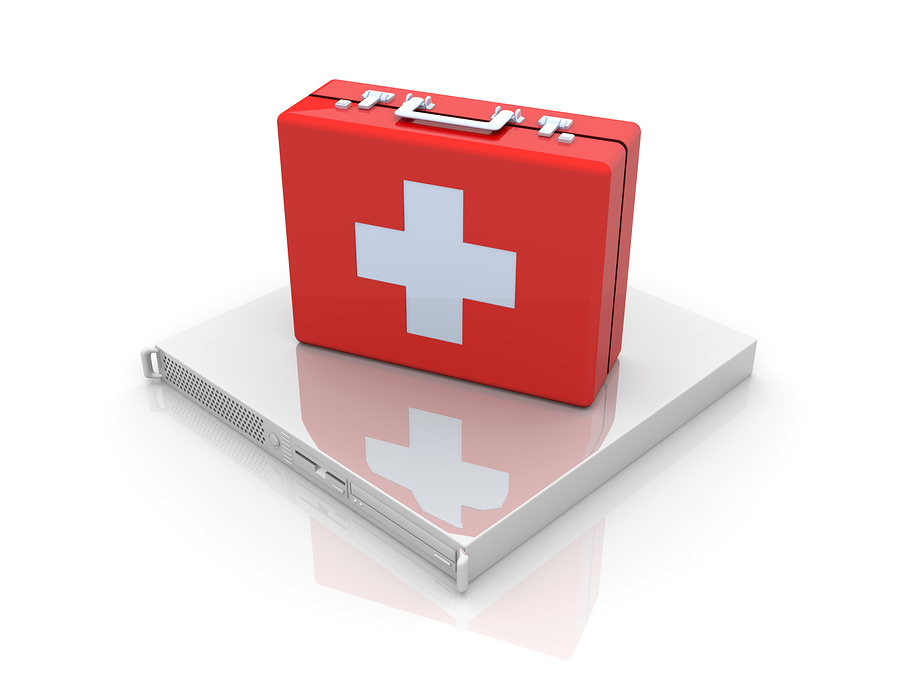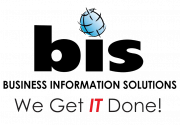Are you frustrated by a glacially slow PC? Does it take ages to open up a document, download a file, or does your computer completely freeze up? Well you’re not alone.
The majority of personal computer users have dealt with sluggish programs, stalled downloads and just painfully slow computers. You may think it’s time to invest in a new computer- one with the latest technology, fastest hard drive and a bigger memory, but hold on. That new computer you purchase will eventually start to bog down just like your old one if you continue to use the same as your previous PC.
There are many ways to speed up your existing computer instead of purchasing a brand new PC. Read our top four suggestions:
Find programs that eat up your memory and resources
More than likely your PC is slow because you have downloaded programs that are eating up your CPU’s (central processing unit) resources and storage. You need to find those big programs that you don’t use (or need) and uninstall them.
Another suggestion is to find out what programs are automatically running when you start your computer. Many programs start when your computer is turned on and are continuously running in the background, thus slowing your computer.
Newer PCs come with a lot of unnecessary programs when you purchase it and many of these start up instantly and make your computer run harder than it needs to. For startup programs, you can disable programs you don’t need right when your turn on your computer. Then these programs will only run when you open the program to use it.
Go to:
• The start menu and type in the search bar “msconfig.exe”. Click on it when it pops up in your search.
• Go to the tap labeled “Startup” and a list of all startup programs will populate.
• Click on each program you do not want to run during startup and simply click “apply” at the bottom of the window.
• You will usually be prompted to restart your computer to execute the changes.
Spyware and other viruses embedded on your PC
This is a big one. Viruses are one of the main contributors to glacial computers. If your computer starts running slowly suddenly or without warning that is a sign a virus has crept into your PC. One day it is running normally and at a usual speed then the next day it your programs take forever to load and your computer suddenly restarts or crashes.
Scan your computer with your anti-virus software for any malware, spyware and other harmful viruses that have embedded themselves into your PC. Viruses are sneaky and can slip through the crack even if you own anti-virus software. Running a scan will help detect those viruses and then you can remove them. Make sure you turn your other security software off when you scan with an anti-virus, as these two programs can interfere with each other.
We highly recommend installing either TrendMicro, Malwarebytes or HitmanPro to defend against viruses and malware on your computer.
Clean your hard drive
Cleaning your disk will help clear items your hard drive which may be slowing down your PC. Temporary internet files, files sent to the recycle bin, temporary Windows files and unused programs will be searched for and cleared.
Go to:
Start menu → all programs →accessories →system tools →disk cleanup
Click on disk cleanup and it will run and populate a list of programs and files that you can opt to delete or ignore. These types of files will slow down a hard drive and leave little room for other resources.
Defragment your hard drive
When you save a document or file on your PC, your computer saves the file to the first available storage space and when that free space is filled the rest of the file is “fragmented” and send to other free space locations until the file is completely stored. When your computer fragments files it has to find all the places where the pieces of that file was stored and then puts it together when you open the file. This can slow down your computer’s performance and make opening files a slow process.
Defragmenting your hard drive takes all those scattered file pieces and puts them together in one location which will make it faster and easier to access files.
Go to:
Start menu → all programs → accessories →system tools →disk defragmenter →run “analyze disk” → then click “defragment”
While this in not a comprehensive list of ways to speed up your PC, it is a few of the most common tactics. There are many reasons a PC could be slowing down as well. Age, low memory, low CPU space, viruses, data-hogging programs, even a bad internet connection.
If your PC still is running slow after you have tried all of the above suggestions, take it into a computer specialist or an IT company. They are experts in the field and can uncover an issue much faster than the average Joe.
For businesses, we strongly suggest investing in an IT company to handle your network security and data backup. They will keep you safe, secure and running fast. A productive PC translate to a productive business after all.
Business Information Solutions, Inc. is hosting a luncheon on February 17th, 2016 at the Red Lobster in Mobile, Al. At this luncheon you will listen to our CEO, Phillip Long, discuss 6 IT security protections every business needs to have in place to avoid cyber-attacks, data breach lawsuits, bank fraud and compliance penalties. Also, representatives from the FBI Field Office will discuss local cyber-attacks on the Gulf Coast. This luncheon is free to attend and lunch is on us! Enjoy lunch and good company while you learn how to protect your business.
Register here and read more details about the luncheon. Spots fill quickly! http://www.askbis.com/seminar1-2/


